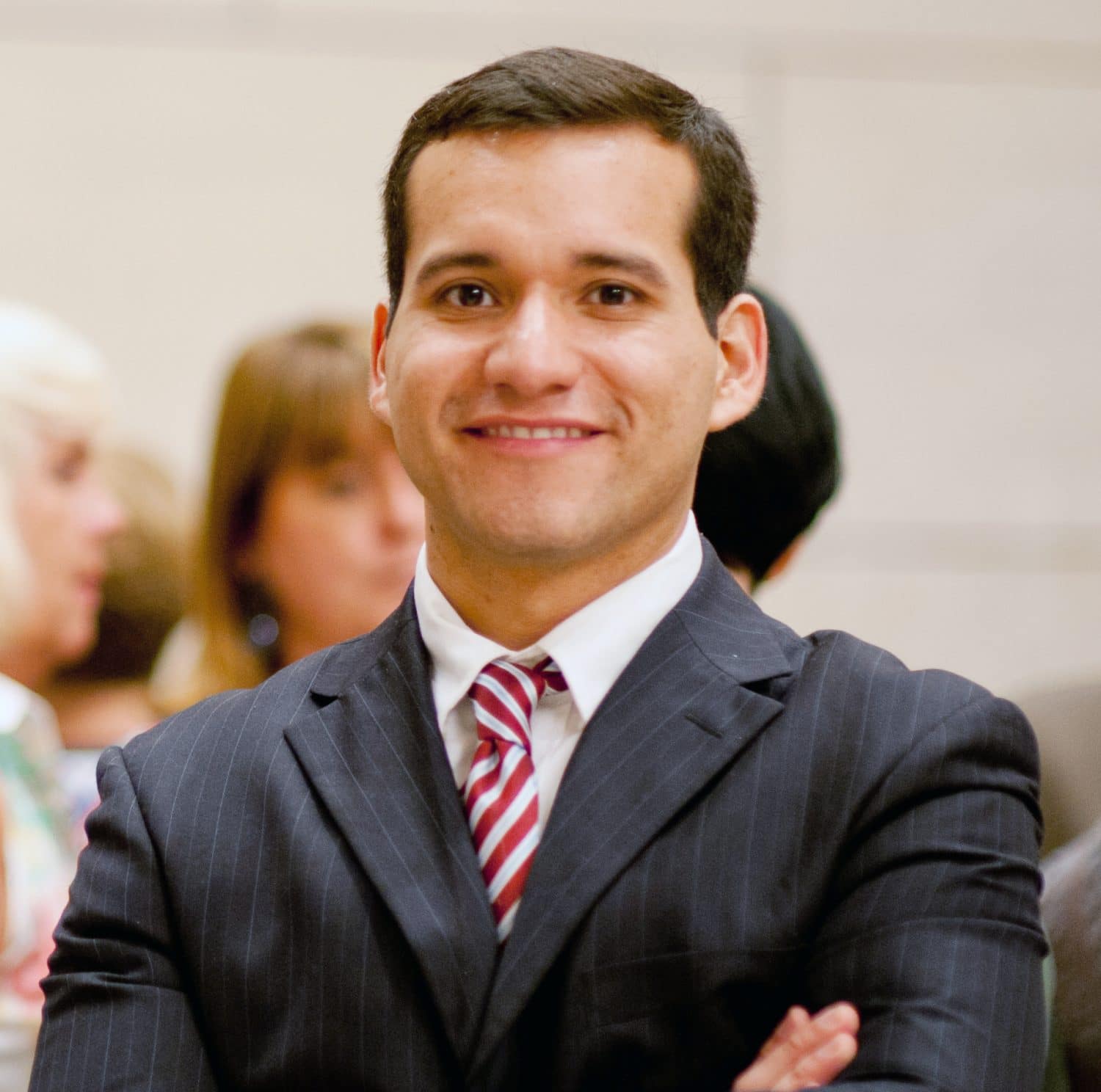What if I fail?
As the end of the year approaches, several students, teachers, school managers and parents may be coming to the conclusion that what was done and learnt throughout the year, or the term, was not enough. In other words, some students will fail their courses. And so, what happens next? How to deal with failure?
For obvious reasons, I’ll just deal with ELT here, but the “arguments” may well apply to other school subjects. First of all, I believe that depending on which hat you are wearing, you might see failure in different ways. If you are a student, you might blame the teacher (who doesn’t like you or who doesn’t motivate you), your parents (who make you study English), the school (who wants you to do the same course again), the material (which is too difficult and boring) or English itself (I don’t need to learn English, so I am not interested). If you are a parent, you may hold your child responsible or use the same arguments above. If you are a teacher, you might blame the student and the parents. You are a course coordinator, you might blame the student, the parents and the teacher, and so on and so forth. There is an endless list of people or circumstances one might blame.
However, does finding a “culprit” help us deal with failure? A few days ago some colleagues and I were talking about that, about the importance of learning and teaching how to deal with failure and to persevere, and how being able to accept failure at school may shape the way you deal with failure in life. This conversation was inspired by a series of interviews with world leaders in education, such as Paul Tough, Jennifer Adams and Paul Fadel (find the whole interviews at
https://www.youtube.com/watch?v=IvJNuoCZuuY
https://www.youtube.com/watch?v=ZdGKD7oniFE
https://www.youtube.com/watch?v=PgMbpGFhDxo).
This discussion made me remember a situation that happened many years ago and which I would like to share with you. I was teaching an FCE group and in this group I had a student in her late teens who was going to sit for the exam. She had been my student before so I knew of her commitment and skills, but she was going through a hard time as she was preparing for a university entrance test, which, as most of you will know, can be very stressful, demanding and time consuming. As a consequence, she was not doing very well at her English course, not well enough to make her pass the FCE exam. She then came to me and cried and cried, because she had already enrolled for the test and she thought she was going to fail. Then I remembered a simple sentence that my first teacher of English, Bela Franco, had said to me (though I can’t remember why): “There are so many more important things in life” and that was exactly what I told my student.
Some time later I met this student again. She thanked me and said that those words had changed the way she was seeing things, that she had done the FCE and hadn’t passed, but that she was at university and she’d do the FCE again.
Though succeeding is always more pleasant, there is a lot we can do about and a lot we can learn from not doing so well. I’m also sure each one of us will remember at least one situation in which we failed and how we dealt with it. I was happy to have helped and grateful for my teacher Bela who was wise and sensitive. Most of all, I was glad my student had not given up, but persevered in her objectives. That, I believe, was a much greater lesson we both learned.
Happy Teacher’s Day!






